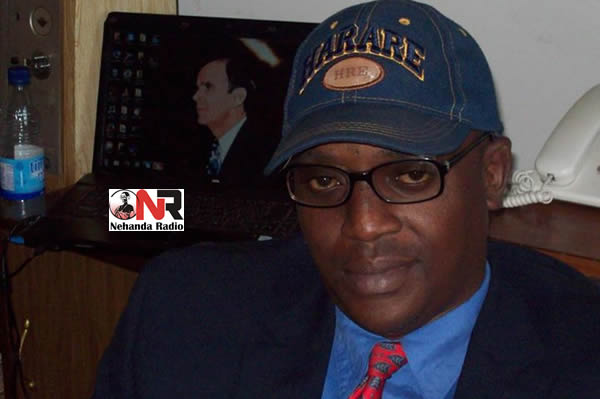By Tau Tawengwa
It is election season again in Zimbabwe, and political players are out and about making all kinds of claims about all kinds of things.

What always amuses me is how political parties present themselves as a panacea to the socio-economic problems the electorate is facing.
This reminds me of a saying from George Eliot’s book: “Felix Holt, the Radical;”
‘An election is coming. Universal peace is declared, and the foxes have a sincere interest in prolonging the lives of the poultry.’
Of particular interest to me at this point are the claims by the major political parties that they will recruit hundreds of thousands of supporters prior to the polls.
In fact, Mr Morgan Tsvangirai of the MDC-T has publicly stated that his party intends to recruit 800 000 new supporters in Harare Metropolitan province.
Similarly ZANU-PF’s Harare Province Commissariat has publicly stated that it intends to recruit over 500 000 members before the 2018 elections.
Of course, political parties are in the business of attaining or retaining power and therefore they should not be criticized for desiring to increase their membership.
Naturally, the MDC-T sees Harare province as ripe for recruitment for two reasons.
Firstly, the non-urban or rural constituencies are traditional ZANU-PF strongholds.
That, and the fact that this year the country is likely to experience a bumper harvest for the first time in almost two decades make the rural constituencies scarcely winnable for opposition politics.
Secondly, Harare Province has been the hotbed for opposition politics since 2000.
Thorny economic circumstances and embargo induced company closures in Harare over the years make the province ripe for a youth targeted recruitment drive in the eyes of opposition politics.
However, in my view the issue of anomie and substance abuse in Harare will have a direct impact on voter apathy, meaning attempting to recruit 800 000 young voters is a long shot to say the least.
Substance Abuse in Harare
Anomie refers to a kind of hopelessness or confusion that arises when social norms conflict, stop making sense or cease to even exist.
Social norms are the rules of behaviour that are considered acceptable in a group or society.
So for example, where it was traditionally the norm in Zimbabwe to go to school, university and graduate, find work and start a family, unfortunately that traditional chain of events stopped making sense in the early nineties when HIV/AIDS left several Zimbabwean families without breadwinners and children had to fend for themselves.
The trend was acerbated between the year 2000 and the present day owing to economic decline.
Clearly, our society in general, and our youth in particular are in a state of anomie, and as a result, our youth are generally deviant.
Personally, I have witnessed those “mucheka-cheka” youth driven public transportation cars speeding away from police with four or five youths standing precariously on the back of the vehicle-drinking bronco.
Twenty years ago, you would have never thought you would see anything like that in Harare. It is a sign of anomie.
I have also read a report in which a Zimbabwe United Nations Association Youth president stated that 65% of youths suffer from mental problems due to drug and substance abuse. This is a sign of anomie.
Furthermore, the proliferation of commercial sex workers that are now visible in the daytime in areas like Greendale is a sign of anomie.
Twenty years ago in Harare, you would never have imagined such.
Now I have heard certain politicians insist that the country’s current state of anomie is owing to bad politics and bad economics, and that “investment” and “job-creation” is the solution.
However, I dispute that, because anomie and youth deviancy are also rampant in highly industrialized societies like the USA, Canada, Britain and South Africa.
In any respect, what is clear to me is that the many people who are under this condition of anomie will not be the first in line to register as voters; neither will they be running to the polling station come 2018.
They will probably be looking for their next fix of Zed or Bronco.
While the state on Anomie in Zimbabwe is somewhat disconcerting, the truth is that it is social problem, and therefore it will need to be addressed by social institutions.
Such institutions include (extended) families, religious groups, Educational Institutions, Community and Non-Government Organizations.
Ultimately, Government needs to acknowledge and address anomie in Zimbabwe, because anomie is a precursor to violent crime.
Finally, given the state of anomie, I do not see political parties recruiting anywhere near 800 000 new voters. The current state of anomie will not allow that to happen.
Tau Tawengwa is a published author and doctoral candidate based in Harare.






